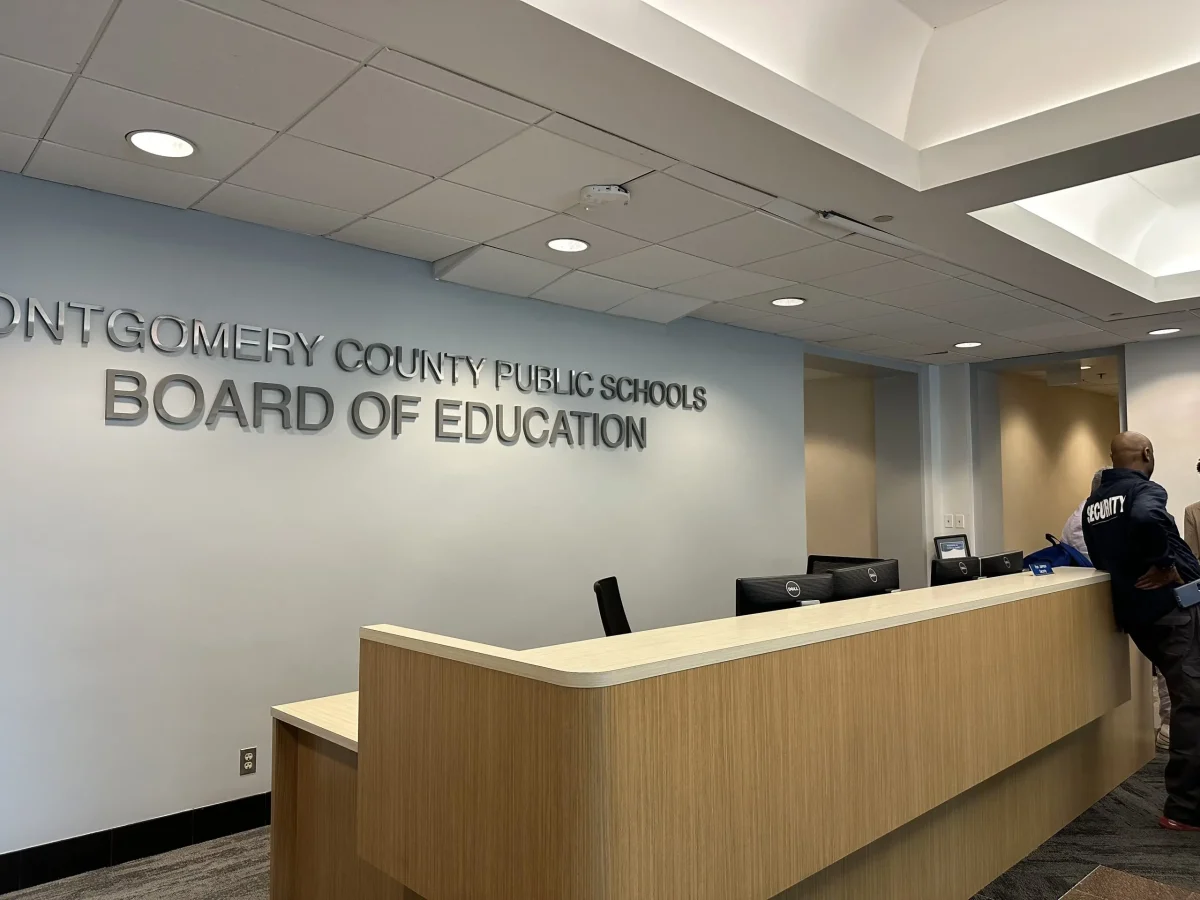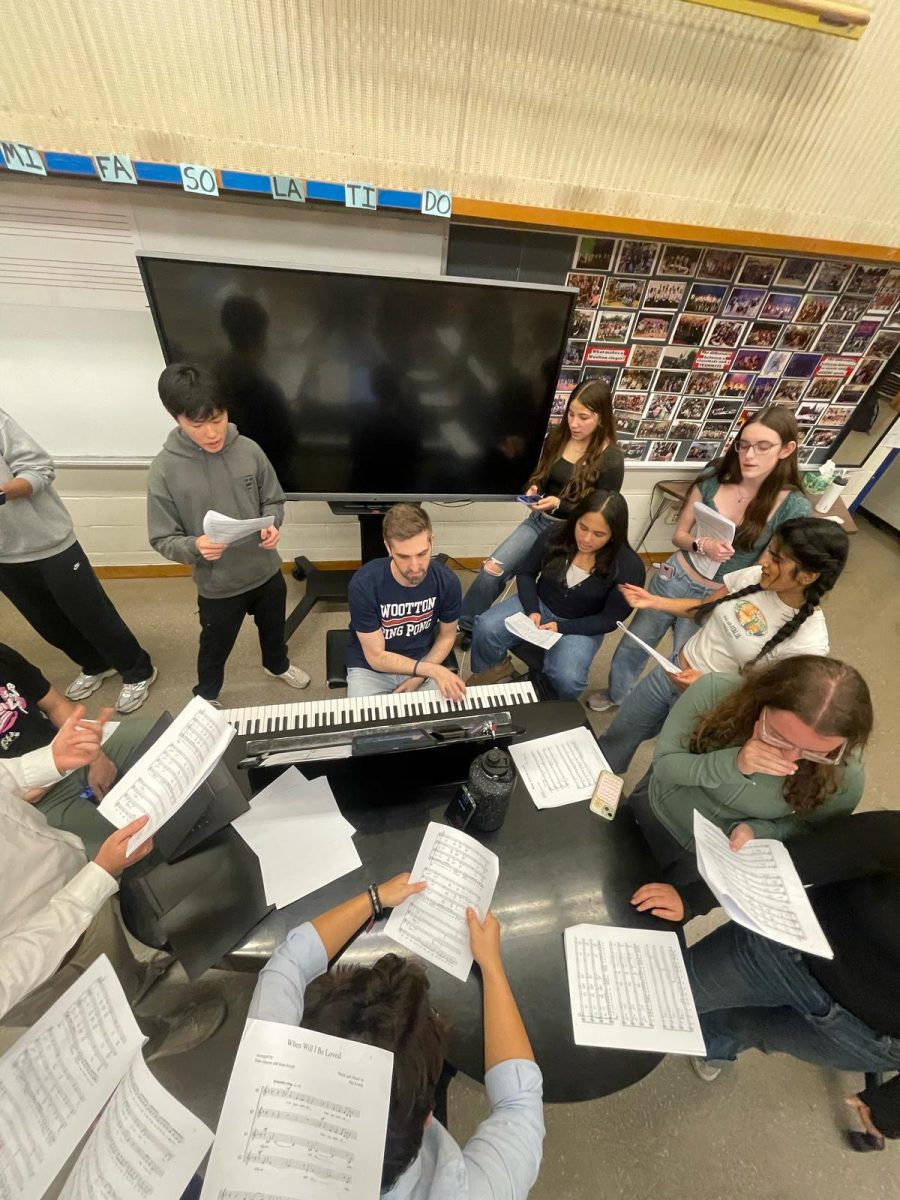Welcome 2017. Your predecessors were home to so many greats—one being classic literature.
The school system preaches the study of the ‘classics’. Professors at prestigious universities spend their careers dissecting the Tom Sawyers, Hamlets and 1984s that have claimed our curriculum.
‘Classics’, for the most part, are excellent tools for teaching satire, irony and figurative language. A teacher could, at any time, teach the same lessons with a more modern book. One would have to get the book approved by a committee designated with this role, but after a varying amount of time, the book will likely be accepted.
The advantage that a classic has opposed to a modern novel is the decades of discussion and analysis that has come with its age.
There are endless possibilities for Socratic Seminars on the author’s intent and style, whereas modern literature has not yet attained such an endless variety of interpretations.
In contrast, every ‘classic’ was a piece of modern literature at one time or another. At the time that the ‘classic’ was first published, the literary community deemed it a forever relevant text.
The ‘classic’ was taught in schools then as it is now. By teaching of its importance then, the ‘classic’ can be appreciated now.
Opponents would argue that though the English language has adapted and outgrown the old English found in Shakespearean text, civilization has made sure to carry this literature into generations upon generations.
Language is always evolving. Some texts have gotten lost in translation while others have been so impactful, they have achieved immortality. One day, our modern English will become something far different from what we know it to be today.
While Shakespearean works will stand the test of time, the best of today’s modern literature will follow. There is no telling which of the books from this decade will become timeless, but there is no doubt that some will make the cut.
To not teach modern literature, is to deny its quality and importance. It encourages students to believe that the only people capable of literary excellence are long gone and that the current ‘classics’ are the only ones there will ever be.
Teaching modern literature proves to students that they too can one day write their own novel of literary merit. It is important to lead by example. Modern literature is this example for passionate students to rally behind and aspire to.
So 2017, work your hardest. Be an environment that breeds excellence. Dig deep to birth your own timeless ‘classic’. Unfortunately, you will not be around long enough to see any of your literature earn the title so many have fought for. But have hope.
Schools must teach of your books. Because one day down the road, your 2017 New York Times Bestseller could be the next ‘classic.’
Josh Friedman
Opinion Editor






![The 2025-2026 Editorial Board Alex Grainger, Cameron Cowen, Helen Manolis, Emory Scofield, Ahmed Ibrahim, Rebekah Buchman, Marley Hoffman, Hayley Gottesman, Pragna Pothakamuri and Natalie Pak (Chase Dolan not pictured) respond to the new MCPS grading policy. “When something that used to be easy suddenly becomes harder, it can turn [students’] mindset negative, whereas making something easier usually has a better impact. I think that’s where a lot of the pushback comes from. But if you put emotions aside, I do think this change could help build stronger work ethic,” Ibrahim said.](https://woottoncommonsense.com/wp-content/uploads/2025/09/fqr5bskTXpn0LRQMmKErLuNKdQYBlL726cFXBaWF-1200x900.jpg)

